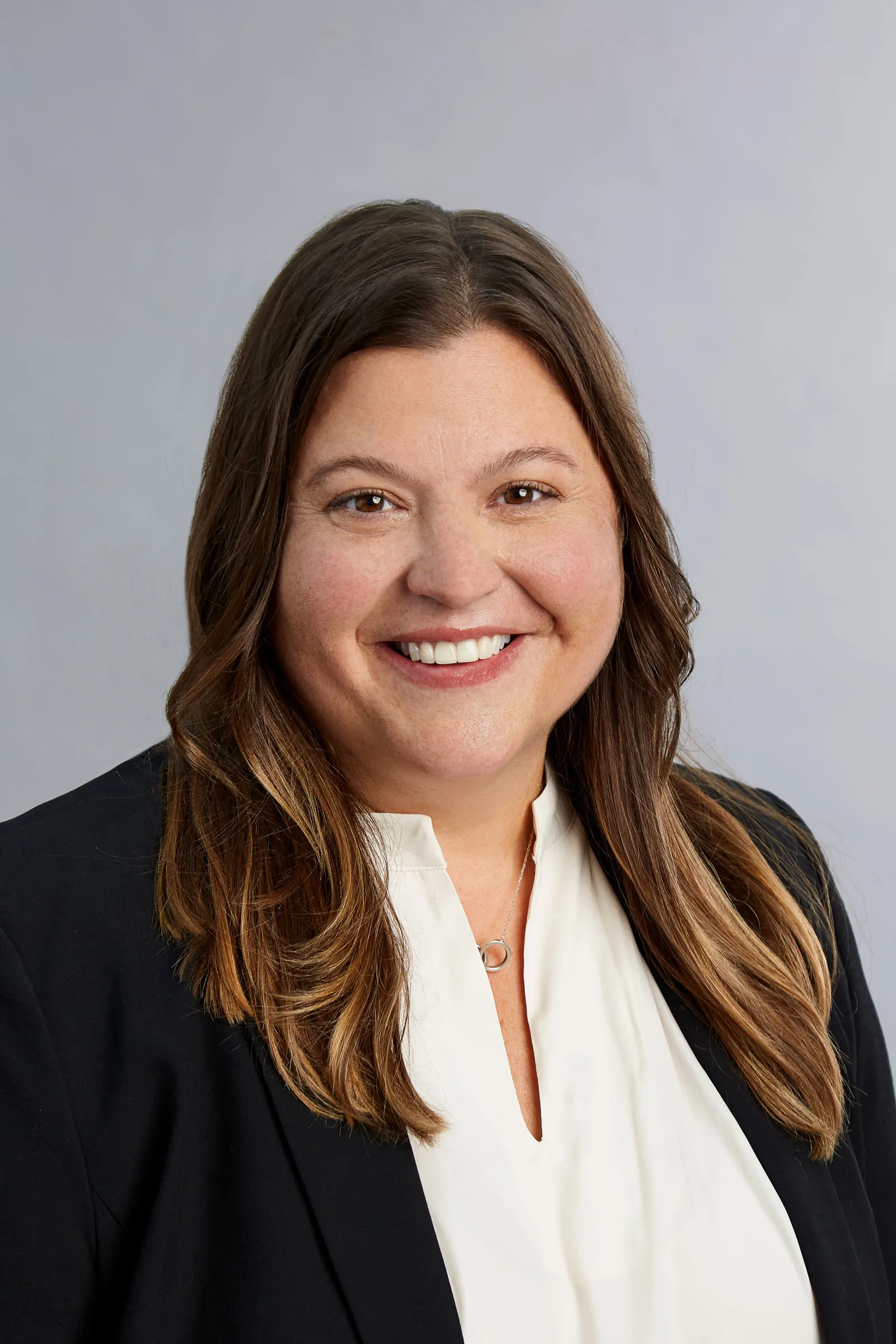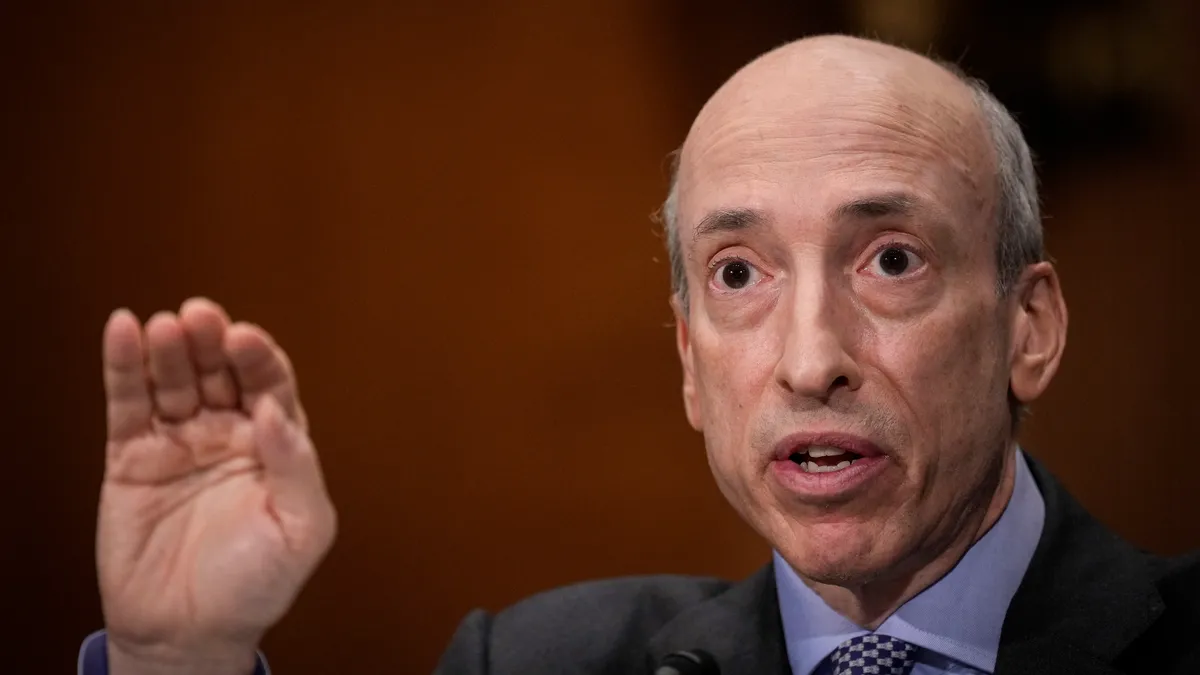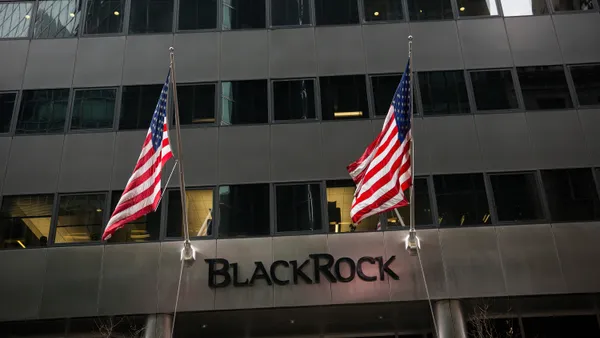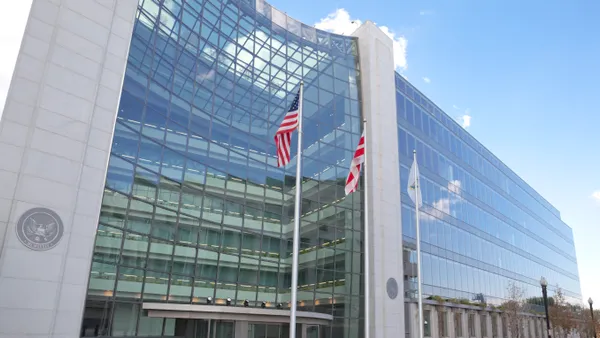When the Securities and Exchange Commission passed its long-awaited climate-risk disclosure rule in March, Corpay’s Chief Accounting Officer Alissa Vickery took notice.
Even as the rule has since been stayed by the court, the SEC vote put forthcoming environmental social and governance regulations back on the list of topics the Atlanta-based payments company needs to address, she recently told ESG Dive sister publication CFO Dive.
“That was the initial catalyst,” Vickery said in an interview in which she also described how the payments company has since March doubled down on mapping a path forward toward a future in which it will collect and report audit-grade environmental data. “I’m kind of grateful for [the SEC decision] because it was quite difficult to try and make a decision on something that didn’t really exist.”

Since March, Corpay has decided to expand its relationship with Workiva to add a new software module that will help Corpay capture, collect and match company data with a slew of looming new disclosure requirements, including those from the SEC as well as from California and the European Union’s Corporate Sustainability Reporting Directive, Vickery said.
The company will use the software to gather data that will then need to be sorted to meet different requirements. “We are literally brainstorming this right now but it’s something like when you build Excel workbooks, you don’t build one big data doc. If you can, you break that data into something that is logical,” she said. “It’s kind of like building a data lake of information and then cubing it off or pivoting from that to provide disclosures.”
The approach is very different from the one that led to two previous corporate responsibility and sustainability reports released in 2020 and 2021 by the company, which was formerly known as Fleetcor until a rebranding in March.
Previously, the company’s ESG reports have been much more of an investor relations or a public relations type document. “We had a lot of words around how we think about ESG in our organization but because I’m a payments provider and I don’t have manufacturing plants somewhere halfway across the world,” Vickery said the story was relatively simple.
The story will get more complicated as the company will now have to pivot to comply with new regulations that will require it to provide audit-worthy quality documents. As such, it makes sense that the responsibility for the report now sits with Vickery and the office of the CAO’s team, which reports to the Corpay CFO Tom Panther, she said.
“There was no other party that could realistically collect, validate and then ultimately report something that is auditable,” Vickery said. “If we can create structure and create a framework and implementation structure that everyone can manage, it’ll produce a better outcome in the short term and the long run.”
A self-described “type A accountant” who does not like chaos, Vickery took a traditional path to the CAO role that she has served in since September of 2020, according to her LinkedIn profile. Earlier in her career she spent eight years at the Big Four accounting firm Deloitte, joining what was then Fleetcor in 2011 as vice president, financial reporting. She has since held multiple roles including SVP, Accounting and Controls and was interim global CFO for nine months through May 2023, according to her LinkedIn profile.
For now, she views the requirements of California’s new climate disclosure laws as most pressing. While they have faced legal opposition from business groups, late last year California passed laws requiring companies doing business in the state to disclose their greenhouse gas emissions and their climate-related financial risks.
This year Vickery wants to get clear on what and where the company has to report data and then wants to begin to start capturing data on a monthly basis as a kind of trial run before next year. Figuring out exactly what the company will need to report is part of the challenge, she said.
For example, of the over 2,000 data points that are contemplated under CSRD, of those only 15% may be relevant to Corpay. While it’s not clear yet, she expects that will mean the company will need to look at the amount of energy its workforce is using in its facilities or travel.
“There’s lots of standards, lots of different requirements, none of them right now are using the same exact words or the same exact energy standards on which we’ll then ultimately report,” Vickery said, noting that she wants to be able to control the quality of the data since she is the one signing off as the principal accounting officer. “So those of us charged with governance, especially in large public companies or at multinationals, are trying to figure out out where we go from here.”













